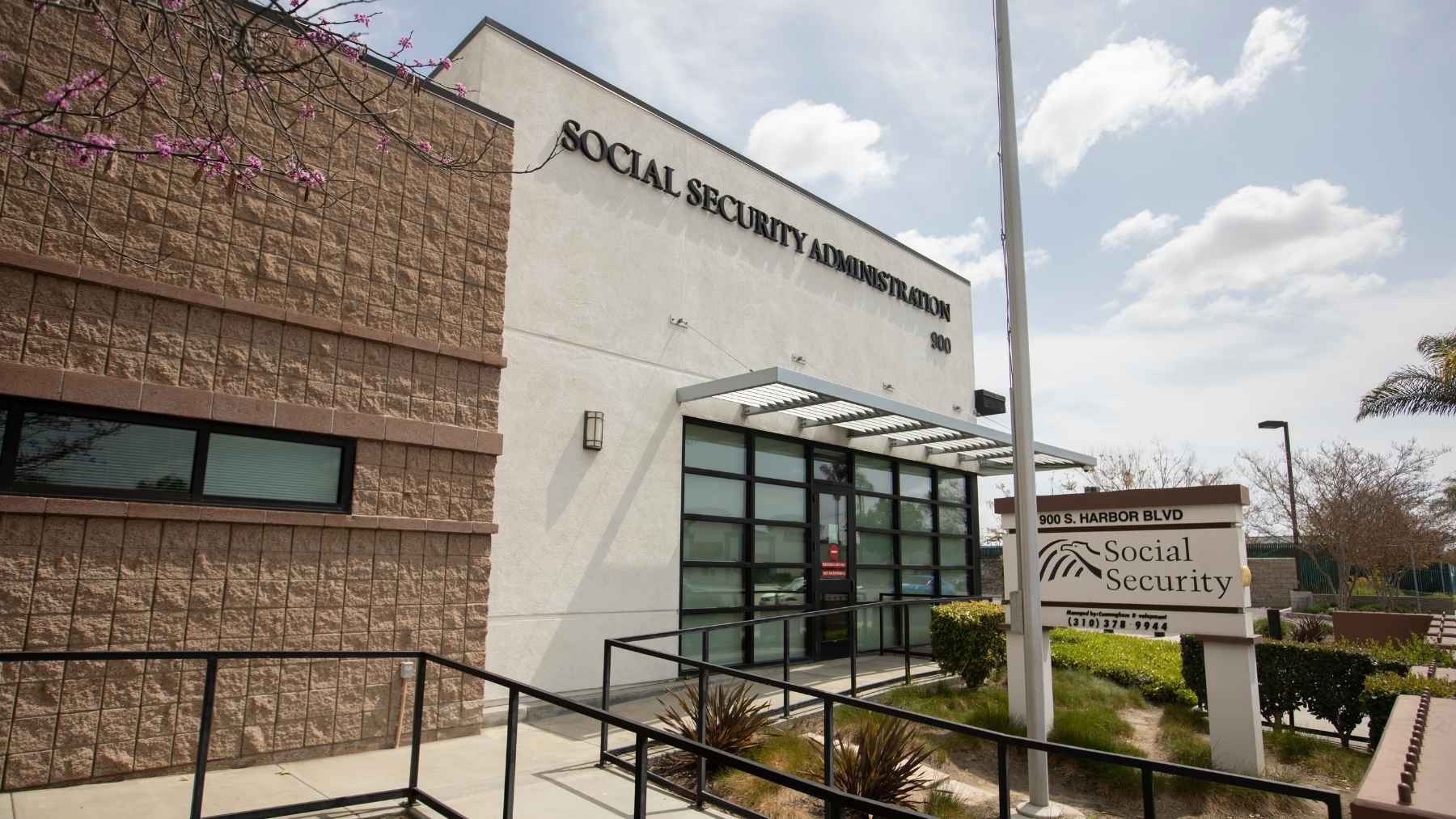President Donald Trump’s mega bill and reconciliation package, the One Big Beautiful Bill Act was officially signed into law at the beginning of the month on July 4th. Subsequently, claims have been made by official channels that there will be no taxes on Social Security benefits under this new bill despite this not being the case in actuality.
At the time, the Social Security Administration (SSA) also sent out an email to its beneficiaries stating that 90% of beneficiaries “will no longer pay federal income taxes on their benefits, providing meaningful and immediate relief to seniors who have spent a lifetime contributing to our nation’s economy.” This sparked major confusion from beneficiaries since the OBBBA includes only an additional tax deduction for seniors, not the elimination of tax on benefits.
As a result, the Trump Administration is now being accused of pushing a misleading narrative regarding the issue taxes on benefits. Here is what you need to know.
No tax on Social Security – true or false?
Under the new OBBBA, seniors aged 65 and older will be eligible for an additional $6,000 tax deduction ($12,000 for joint filers) if their income is within the $75,000 threshold ($150,000 for joint filers). This tax relief will be in effect for a temporary period beginning in 2025 and ending in 2028, unless lawmakers decide to extend it. Subsequently, it appears that the White House and the SSA are framing this tax relief as the elimination of taxes on benefits for most seniors — which, by extension, would be a fulfillment of Trump’s campaign trail promise to eliminate taxes on Social Security.
So whilst taxes on benefits have not been eliminated, the benefit amount subject to taxation has been changed under the OBBBA. However, according to a Monday report from the Center on Budget and Policy Priorities (CBPP), “Since the substantial majority of low- and middle-income seniors didn’t pay income taxes, the new deduction will provide no benefit to these households—doing nothing to help them afford their health care, housing, and other critical living expenses.”
“For the vast majority of these higher-income taxpayers, the tax on their Social Security benefits would be reduced but not eliminated,” the CBPP further noted in its report. The CBPP also makes mention of the projected shortfall of the Social Security program citing the latest annual report from the Social Security Board of Trustees.
The taxes paid on Social Security benefit are a supplementary source of revenue for the program at large in addition to payroll taxes and the Old Age and Survivors Insurance and Disability Insurance trust funds. As such, the CBPP noted that “the tax cuts would reduce the revenue generated from Social Security benefit taxation by about $30 billion annually, accelerating insolvency of both trust funds to 2032—a year earlier than previously projected.”
“The Trump Administration has been peddling false and exaggerated claims about the harmful Republican megabill’s effects on the taxation of Social Security benefits, including in a blast email from the Social Security Administration. The new law doesn’t help most low- and middle-income seniors, and it depletes the Social Security trust funds faster. Moreover, the Administration’s misleading claims shouldn’t distract from how the law’s deep cuts to health care and food assistance will leave millions of seniors with low incomes worse off,” as per the CBPP report.
Projected shortfall
It is no secret that the Social Security program has been facing some financing issues in recent years, however, the latest annual report from the Board of Trustees has revealed that, when compared to last year’s estimates, the projected shortfall of the combined OASDI trust fund has been moved up by a year with the trust fund projected to be depleted by 2034 if Congress does not intervene now.
If the combined trust fund is exhausted, the remaining revenue in the program would only be able to cover 81% of scheduled payments going forward from that point. However, based on what the CBPP noted in the report regarding the reduction of tax revenue under the OBBBA, this percentage could drop even further if no solution is brought forward for the funding issue.

